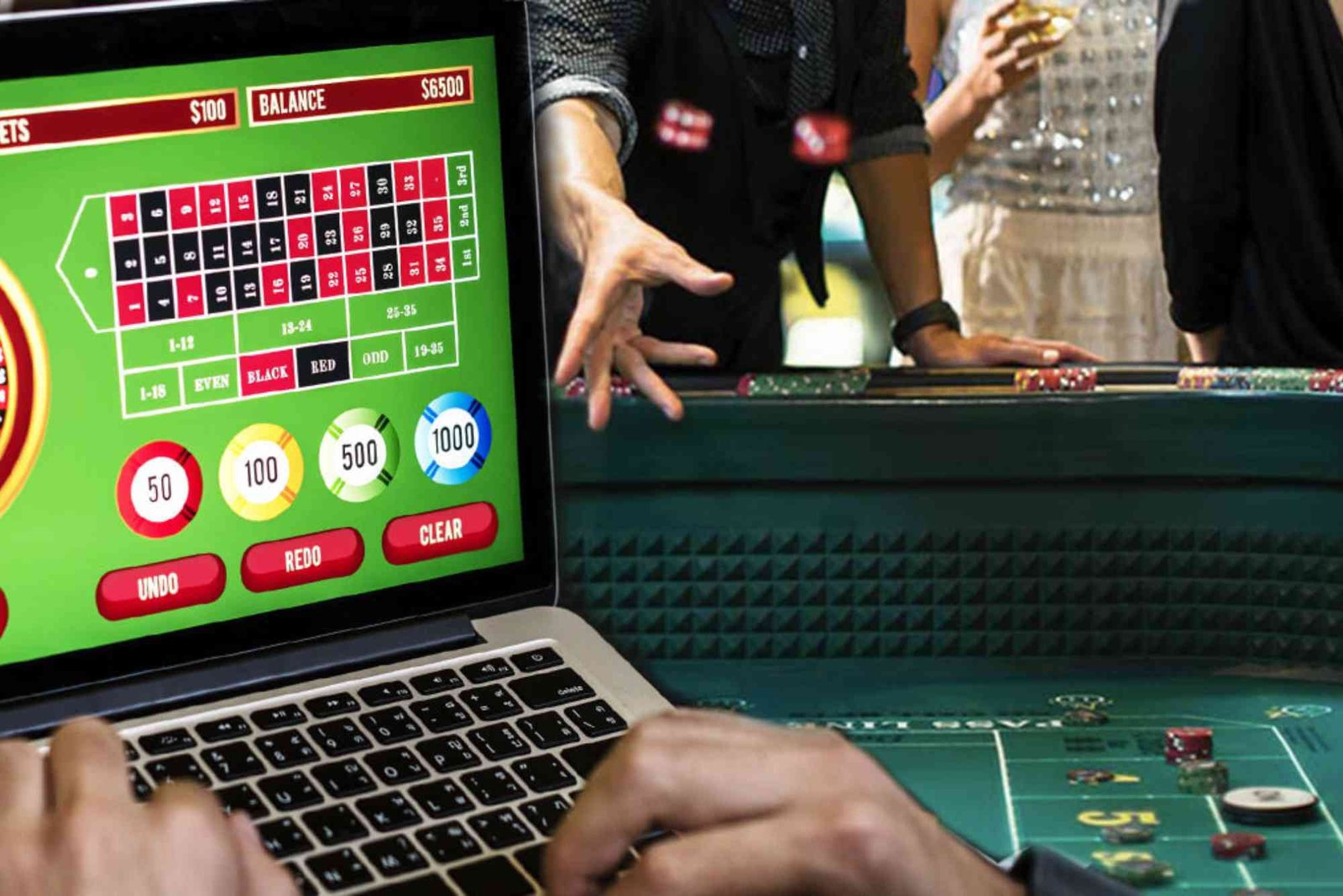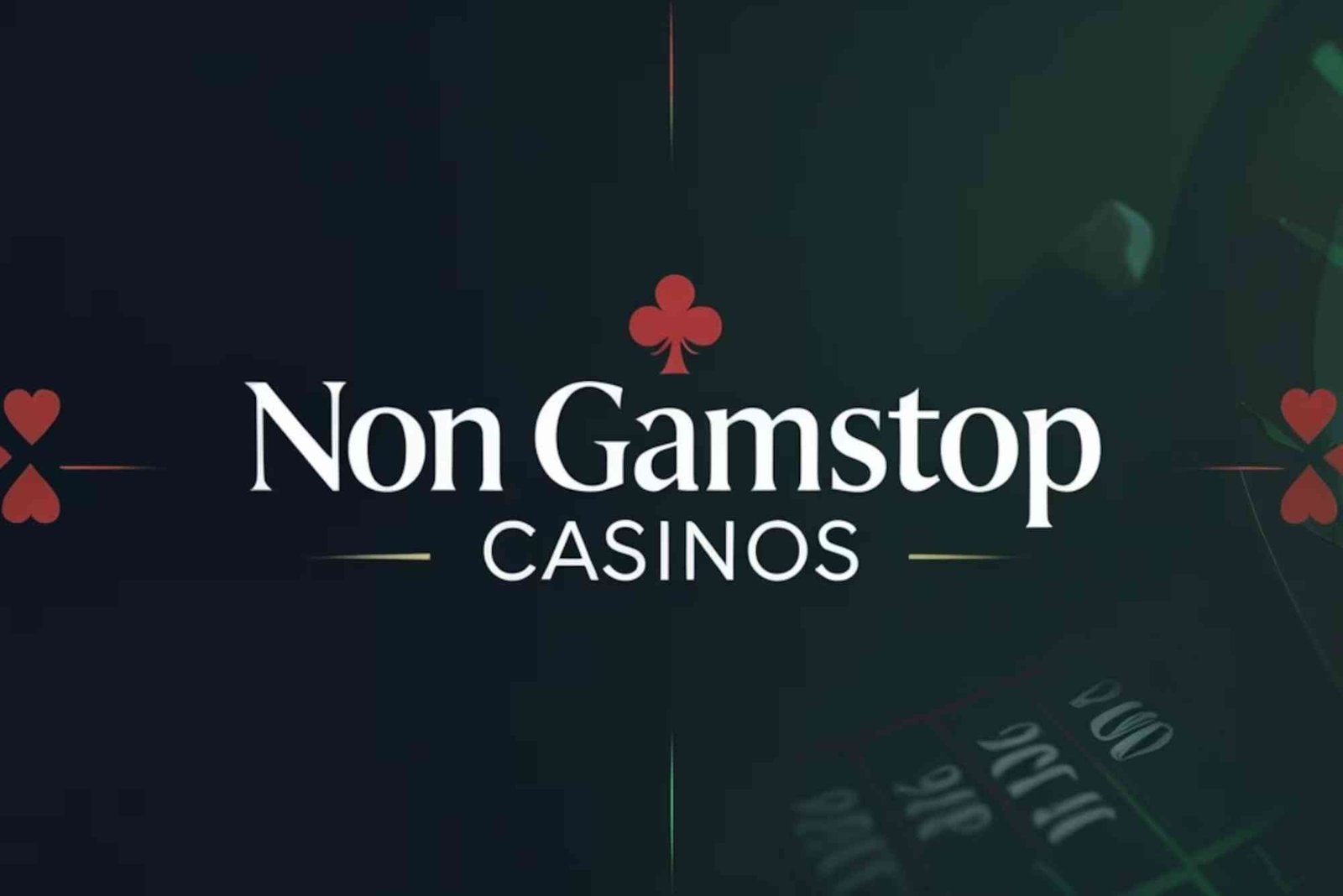If you’ve ever played online slots or table games at a UK casino, you’ve probably come across the term RTP, often expressed as a percentage. At first glance, it might seem like just another acronym in a sea of casino jargon—but understanding RTP can seriously change the way you approach gambling online.
As someone who’s spent years reviewing platforms and helping others navigate the casino landscape, I can confidently say that knowing how RTP works gives you a real edge—especially if you’re focused on playing at a secure online casino with fast withdrawal options.
So, let’s break it down in plain English: What is RTP, and why should it matter to you as a UK casino player?
RTP Explained Simply
RTP stands for Return to Player. It represents the theoretical percentage of all wagers that a casino game will return to players over a long period. Think of it as a long-term average rather than a prediction for any single session.
So, if a slot machine has an RTP of 96%, that means that, in theory, for every £100 wagered, £96 will be paid out to players over time, and £4 goes to the house.
Here’s a key point: RTP is calculated over millions of spins or game rounds, not individual sessions. That means even a high-RTP game can wipe you out in one night—or pay out massively. But over time, higher RTP generally gives better odds.
Why Should UK Players Care About RTP?
In the UK’s well-regulated gambling market, RTP plays a crucial role in helping players make informed decisions. Unlike in some unregulated markets, UKGC-licensed casinos must disclose RTP figures for all their games. This allows players to compare games and choose those with better payout rates.
If you’re the kind of player who prefers strategy and informed risk, RTP gives you a transparent way to understand where your money is going—and how much of it is statistically likely to come back.
RTP and Game Types
Different types of casino games come with different RTP ranges. Here’s a general overview:
-
Online Slots: Typically 94%–97%. Some popular slots like Blood Suckers offer high RTPs, while others are designed with more volatility and lower RTPs.
-
Table Games: Games like Blackjack or Baccarat often boast much higher RTPs—sometimes 98% or more—when played with optimal strategy.
-
Live Casino Games: These can vary. Live Blackjack and Roulette usually stick close to their traditional theoretical returns.
If you’re playing at a secure online casino with fast withdrawal options, chances are they’ll also offer a game info page showing the RTP for each title. It’s always a smart move to check it before diving in.
Volatility vs RTP: What’s the Difference?
Here’s where things get a little nuanced. A game might have a high RTP, but it could still be high volatility—meaning it pays out less frequently but offers bigger wins when it does. Conversely, low-volatility games might pay smaller wins more often.
This matters because even if two games have the same RTP, their player experience can feel wildly different. If you’re on a tight budget or just want to enjoy a longer session, low-volatility, high-RTP games might be ideal.
RTP and Bonus Play
If you’re using a casino bonus or free spins, RTP becomes even more relevant. Some casinos limit bonus play to certain games—often those with lower RTPs—to reduce their own risk.
For example, a welcome bonus might exclude 97%+ RTP slots in favour of games with 94% RTP. This is why reading the bonus terms (and checking game RTPs) is essential if you want to maximize your return and avoid wasting time on low-yield games.
RTP and Fast Withdrawals
Now, you might be wondering—what does RTP have to do with secure online casino with fast withdrawal options?
Here’s the connection: Casinos that are transparent about RTP are generally more trustworthy overall. These platforms are often UKGC-licensed, secure, and committed to fair play. And that same transparency usually extends to payment systems.
So if you’re playing at a site that openly shares RTPs, has proper licensing, and clear withdrawal terms, you’re probably also getting:
-
Fast processing times for payouts (often under 24 hours)
-
Strong encryption and identity verification tools
-
No hidden fees or withdrawal limits
-
Fair bonus policies
All of this creates a safer and smoother experience, especially when your winnings are on the line.
Real-World Example
Let’s say you’re choosing between two UK casinos. One clearly displays the RTP for every game and offers withdrawals to PayPal within a few hours. The other has no visible RTP data and says withdrawals may take up to five working days with a vague verification process.
Which one would you trust with your money?
This is where RTP acts as a sort of credibility check. If the casino is open about RTP, it probably has nothing to hide elsewhere either—whether it’s how games are run or how quickly you’ll get your winnings.
Can RTP Be Changed?
Some game developers release multiple versions of the same game with different RTP settings. For example, the same slot might have a 96%, 94%, or even 91% version depending on what the casino chooses.
Reputable UK casinos are required to show you which version you’re playing. Unfortunately, not all casinos disclose this clearly—especially offshore ones without proper regulation.
This is another reason to stick with a secure online casino with fast withdrawal options that’s licensed by the UK Gambling Commission. It’s your guarantee that RTP values are accurate, and that games haven’t been tampered with or downgraded without your knowledge.
Final Thoughts
RTP isn’t just a number—it’s a tool that empowers UK players to make smarter choices. When you understand how Return to Player percentages work, you’re no longer just spinning and hoping. You’re playing with insight and purpose.
And when that knowledge is paired with a secure online casino with fast withdrawal options, you get the best of both worlds: fair gaming and peace of mind when it’s time to cash out.
So next time you’re choosing a game or signing up at a new casino, take a moment to check the RTP. It might not guarantee a win—but it will definitely put the odds a little more in your favour.





